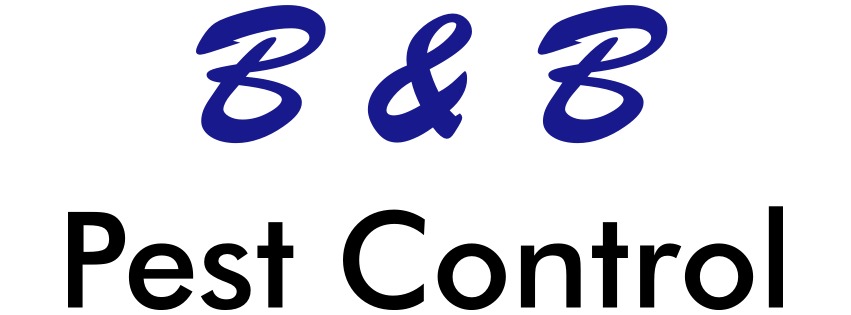Since the eastern United States was the first area of the country colonized by European settlers this region contains the oldest houses in the country, many of which were not constructed to minimize the threat of termite infestation. For example, many homes in the east contain cosmetic and/or structural woods that makes contact with the ground soil, allowing soil-dwelling termites to infest homes with ease. Of course, termite infestations are by no means rare in new houses either. Even newly built structures that are bordered by soil termiticides or physical mesh barriers can become infested with the destructive insects. Since Massachusetts, and other northeastern states, like New Jersey and Connecticut, are located within a high-termite activity zone, homes are typically inspected for termite infestations and termite damages before they are purchased.
Each state has real estate laws concerning termite infestations within homes. In many states, anyone selling a home must disclose the structure’s history of termite infestations and existing termite damage. In other states, sellers do not have to disclose this information unless they are explicitly asked by the potential buyer, but these days, the majority of people buying homes make a point to ensure that termite infestations and termite damage is not an issue before making a purchase. However, most people are unaware of which party is responsible for submitting and paying for a termite inspection report, as well as which party is responsible for eliminating existing infestations. One would think that the seller of a home would be legally responsible for paying for termite damage repairs, but this matter is not always so straightforward.
In the state of Massachusetts, it is the buyers responsibility to secure and pay for a termite inspection report. If an active infestation or termite damage is found, the buyer must submit the report to the seller who is legally obligated to pay for termite control and/or repair damages up to 1,000 dollars. Any amount of money that exceeds 1,000 dollars must be paid by the buyer. Massachusetts is home to the eastern subterranean termite, which is the most economically costly species in the United States. Therefore it would be unwise to bypass a termite inspection in the state.
If you own a home, did you pay for a termite inspection report?

